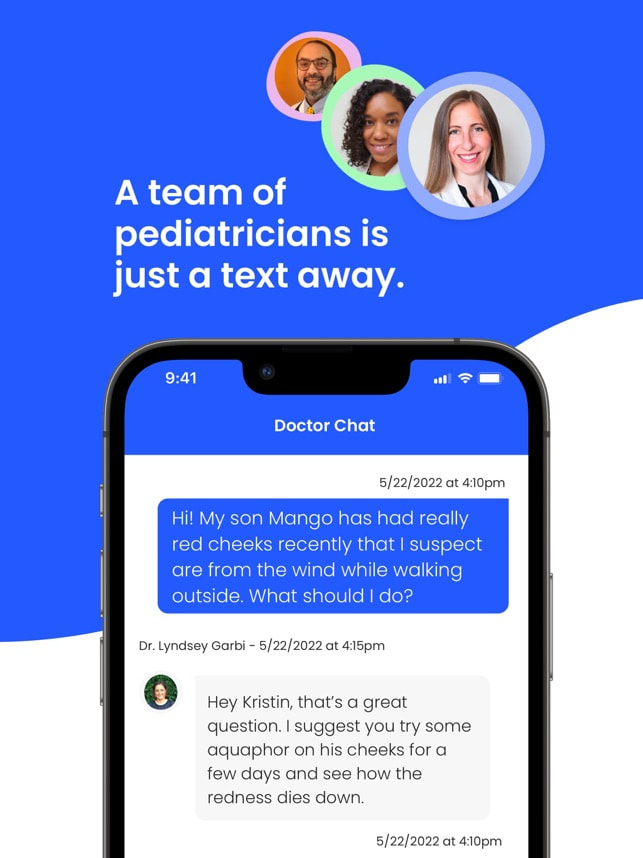How to Handle Reactive Attachment Disorder and Oppositional Defiant Disorder in Foster Children12/3/2022 Are you a foster parent trying to navigate a new diagnosis for your foster child? Whether that diagnosis is Reactive Attachment Disorder (RAD) or Oppositional Defiant Disorder (ODD), it can be hard to know where to start. Let’s break down the basics of these diagnoses, how they may manifest in your foster child, and what you can do as a foster parent to support them through this difficult time.
Understanding Reactive Attachment Disorder Reactive Attachment Disorder occurs when a child has not formed secure attachments with primary caregivers throughout their early development stages. This disorder manifests itself through difficulty forming relationships with adults, persistent sadness or withdrawal, difficulty regulating emotions, and difficulty expressing emotions appropriately. It can also present itself as aggressive behavior towards peers or adults. Understanding Oppositional Defiant Disorder Oppositional Defiant Disorder occurs when a child displays negative behaviors such as arguing with adults, being easily annoyed, blaming others for their own misbehavior, and having an overall negative attitude towards authority figures. A child with ODD may demonstrate frequent outbursts of anger or defiance when asked to do something they do not want to do. They may also have trouble understanding consequences for misbehavior or refusing to comply with rules set by adults. Supporting Your Foster Child
Handling a foster child diagnosed with Reactive Attachment Disorder or Oppositional Defiant Disorder can be challenging. By maintaining patience and consistency while setting clear expectations and providing ample opportunities for positive reinforcement, you can create an environment which allows your foster children the opportunity to thrive. With proper guidance, patience and understanding from a caring adult figure like yourself, your foster children will have the best possible chance at succeeding despite any obstacles they may face due to their diagnoses! (This blog contains affiliate/referral links.) |
AuthorI'm a foster mom, bio mom, working mom, special needs mom, busy mom. I'm also married to my high school sweetheart, I'm a proud 23-year childhood cancer survivor, and I'm passionate about serving my community. More from FosterMamaArchives
March 2023
Categories
All
|


 RSS Feed
RSS Feed